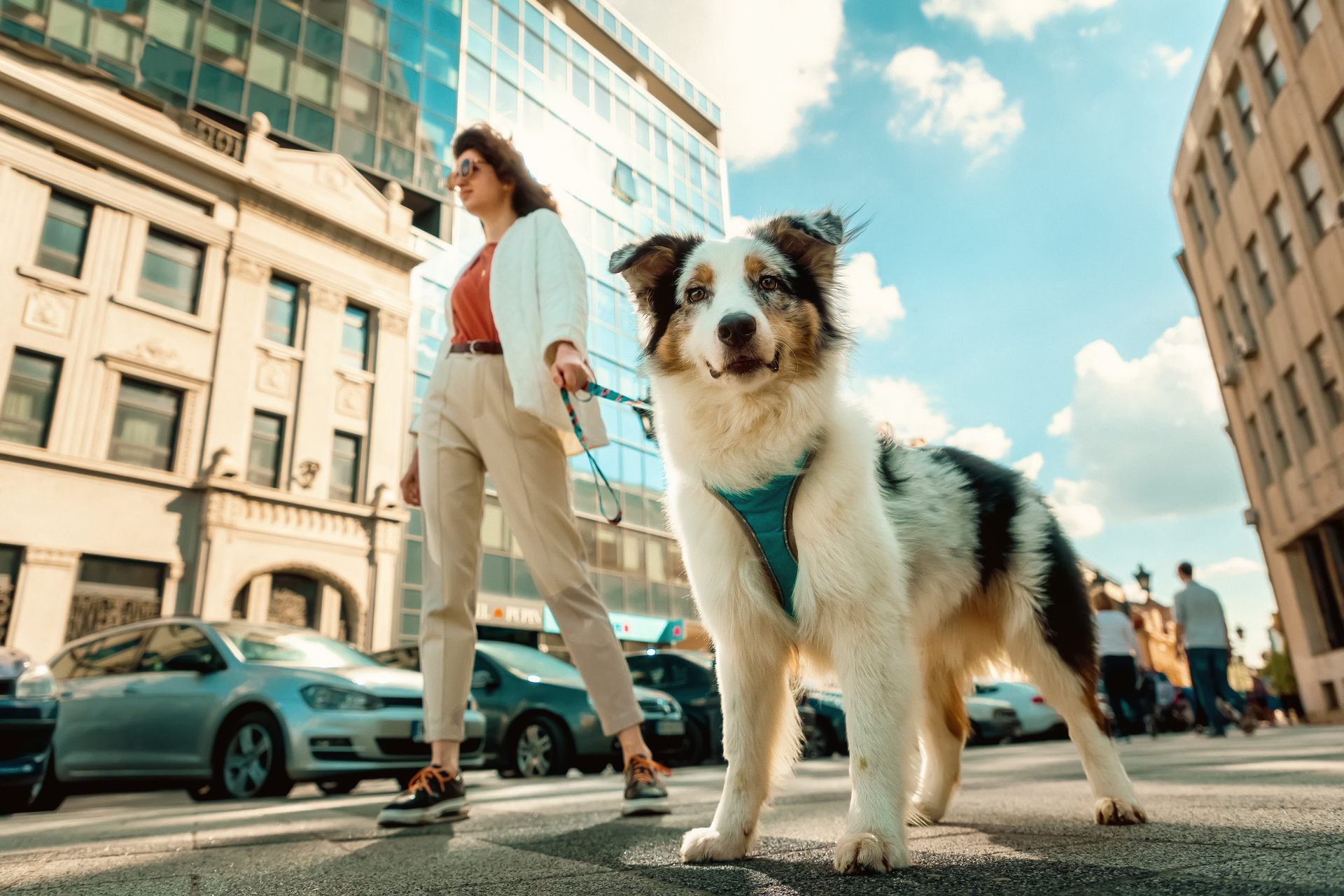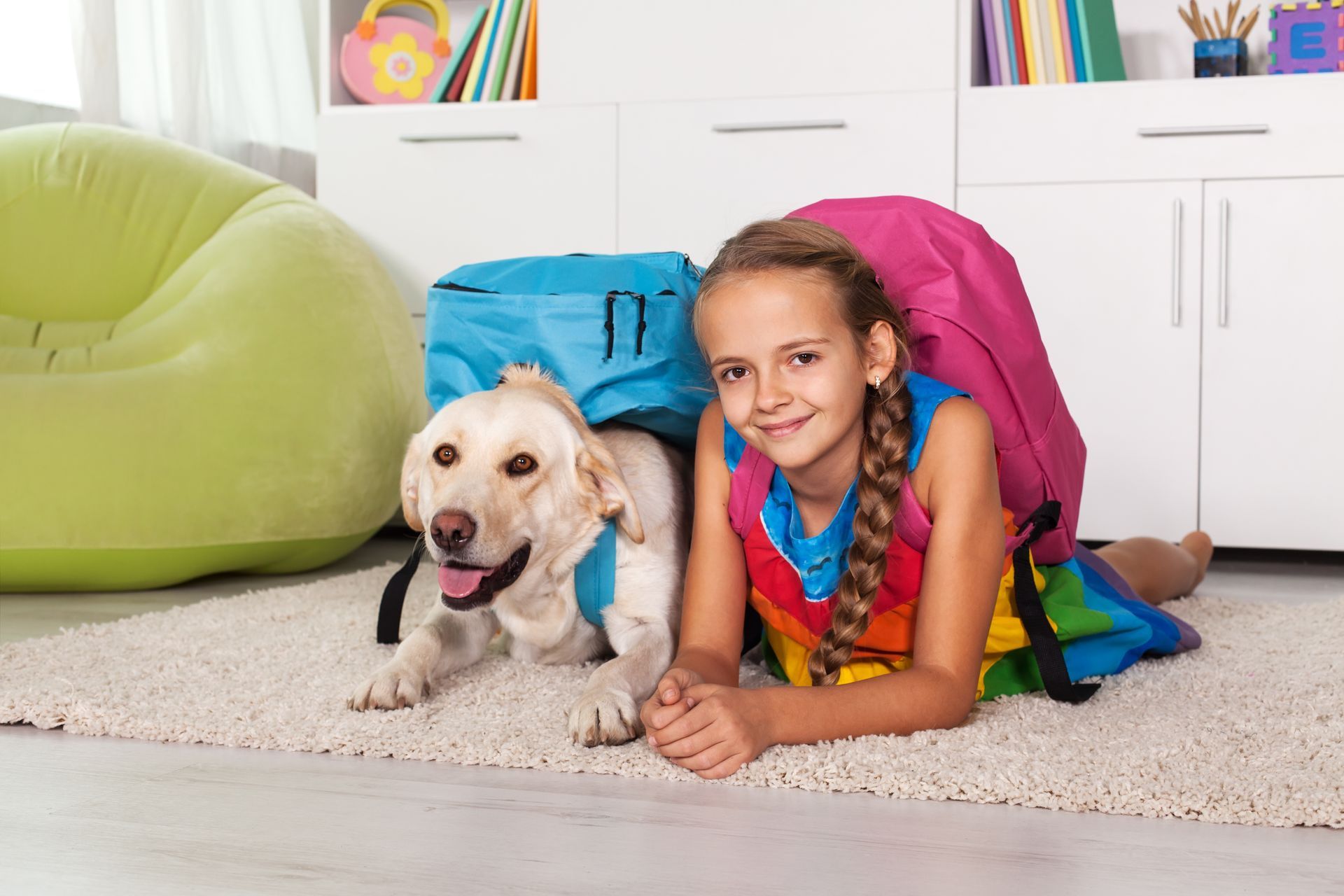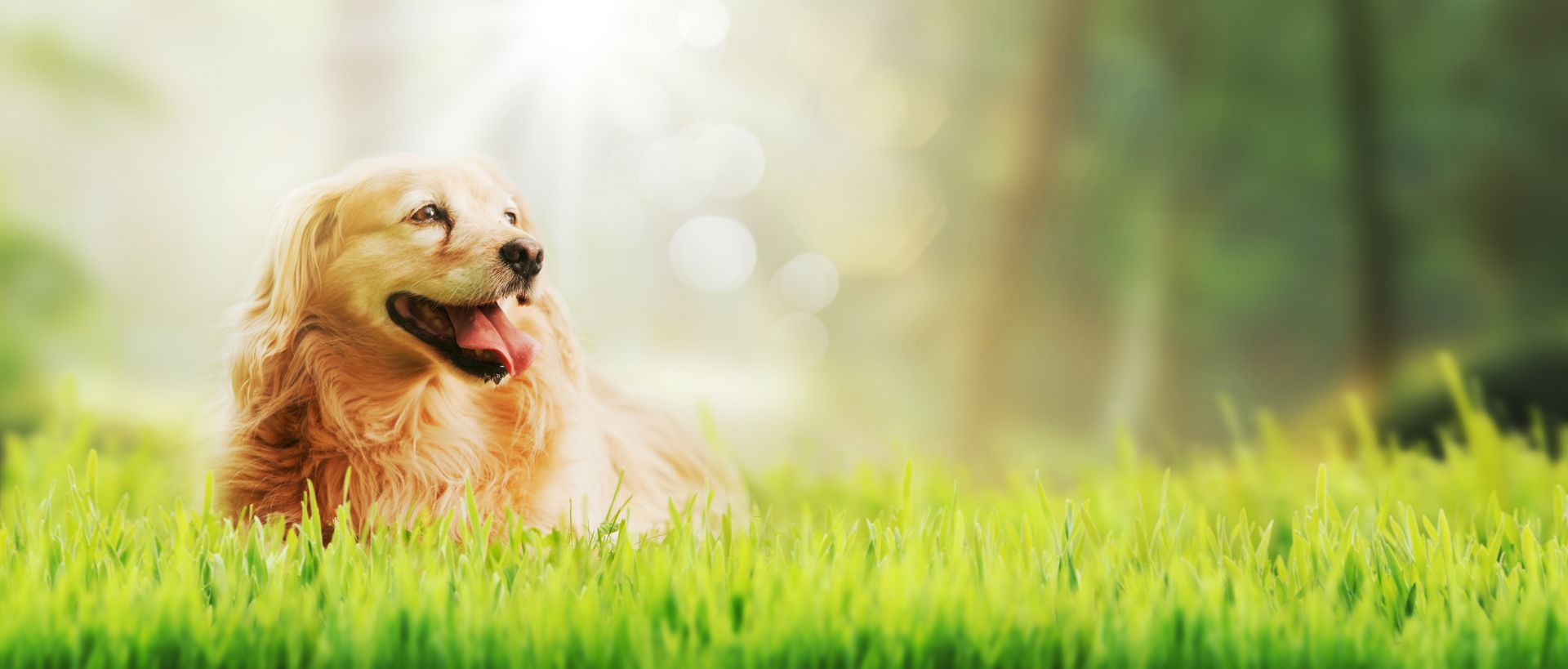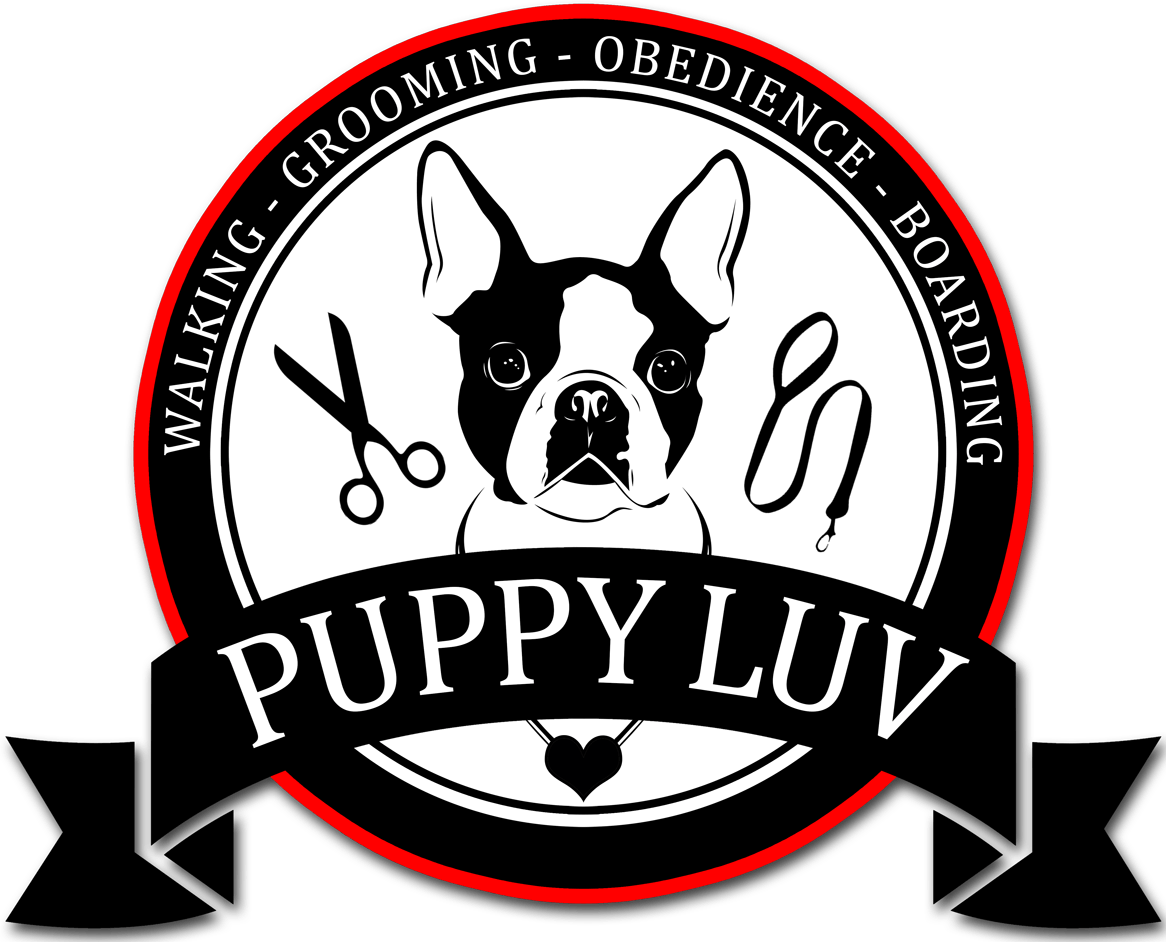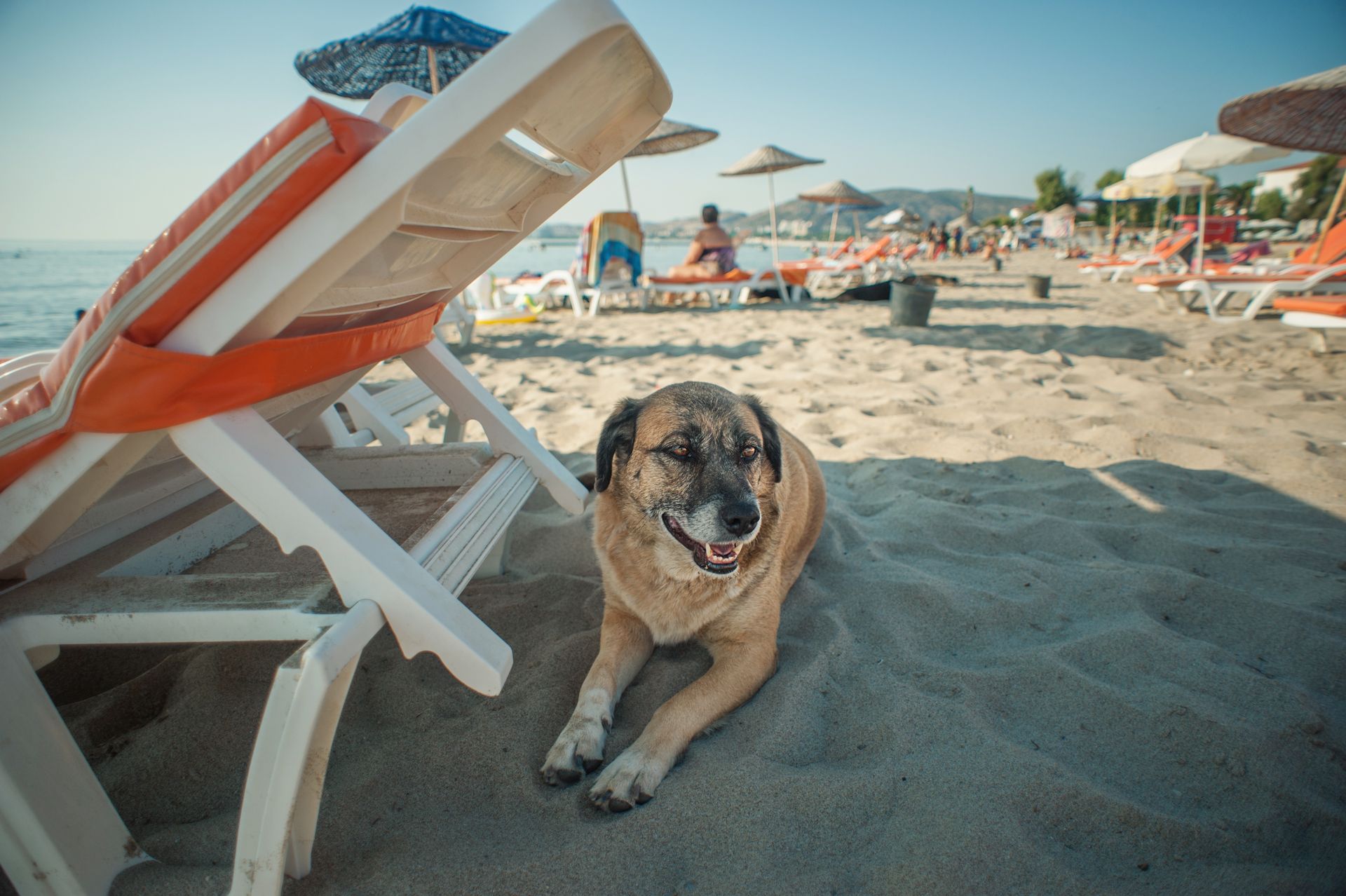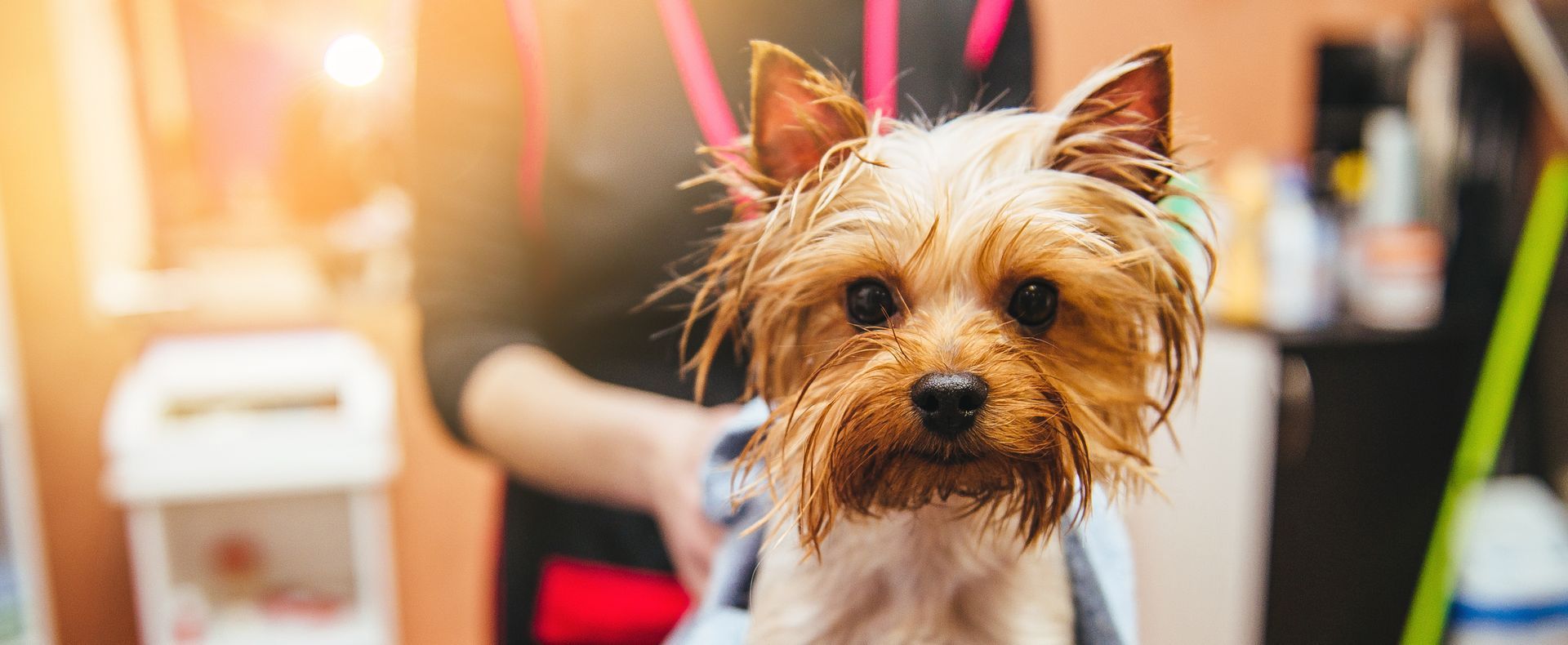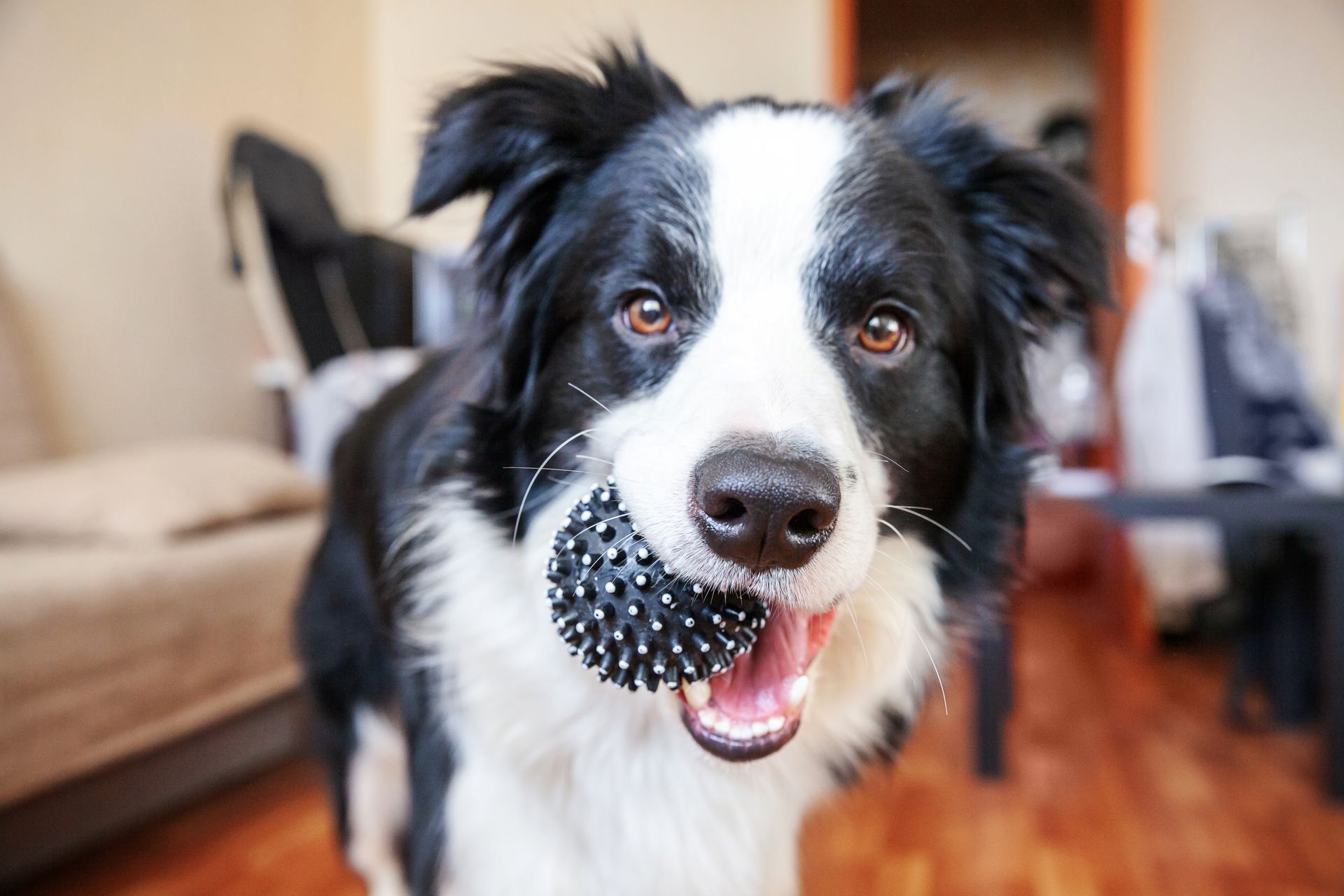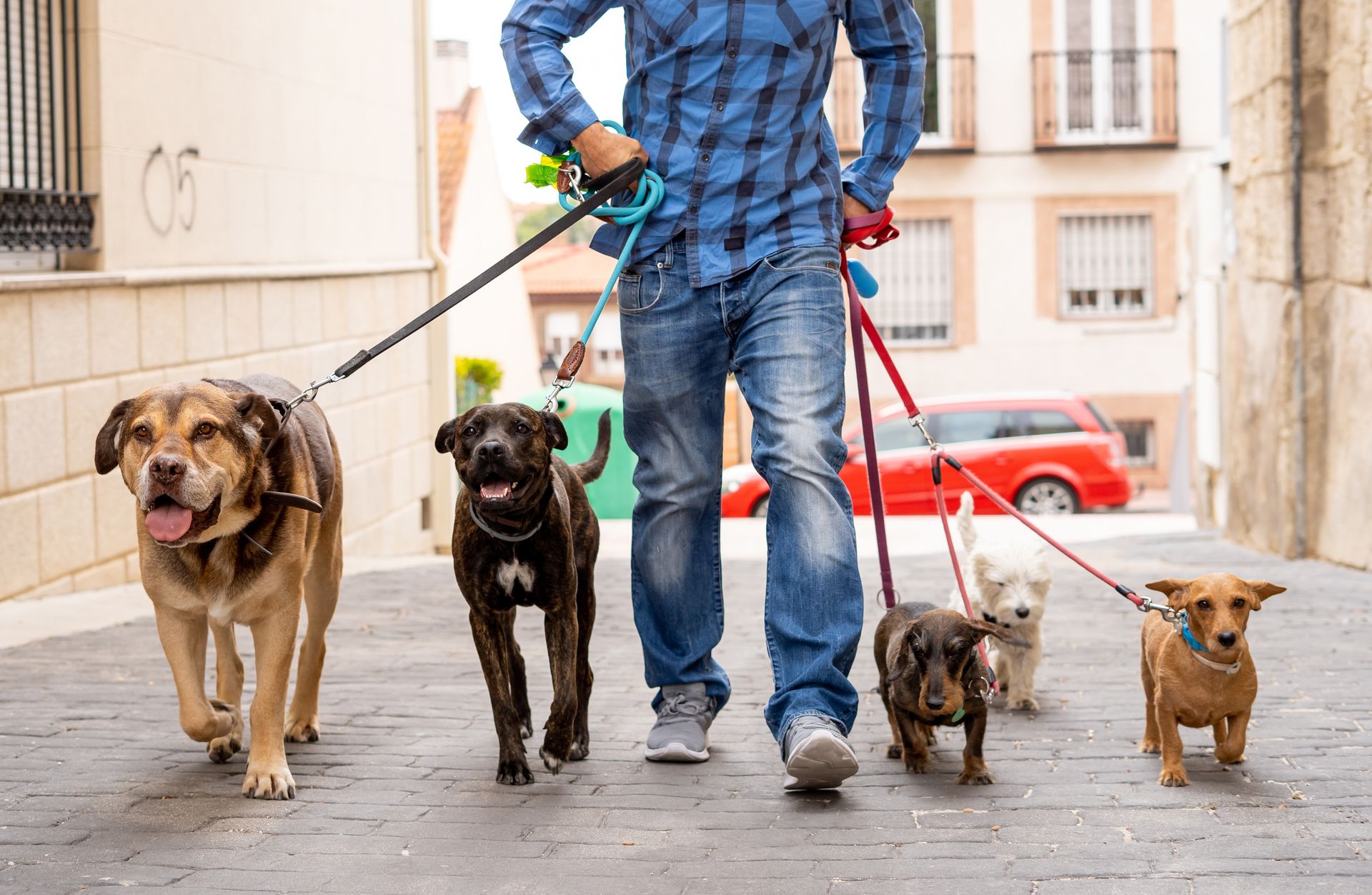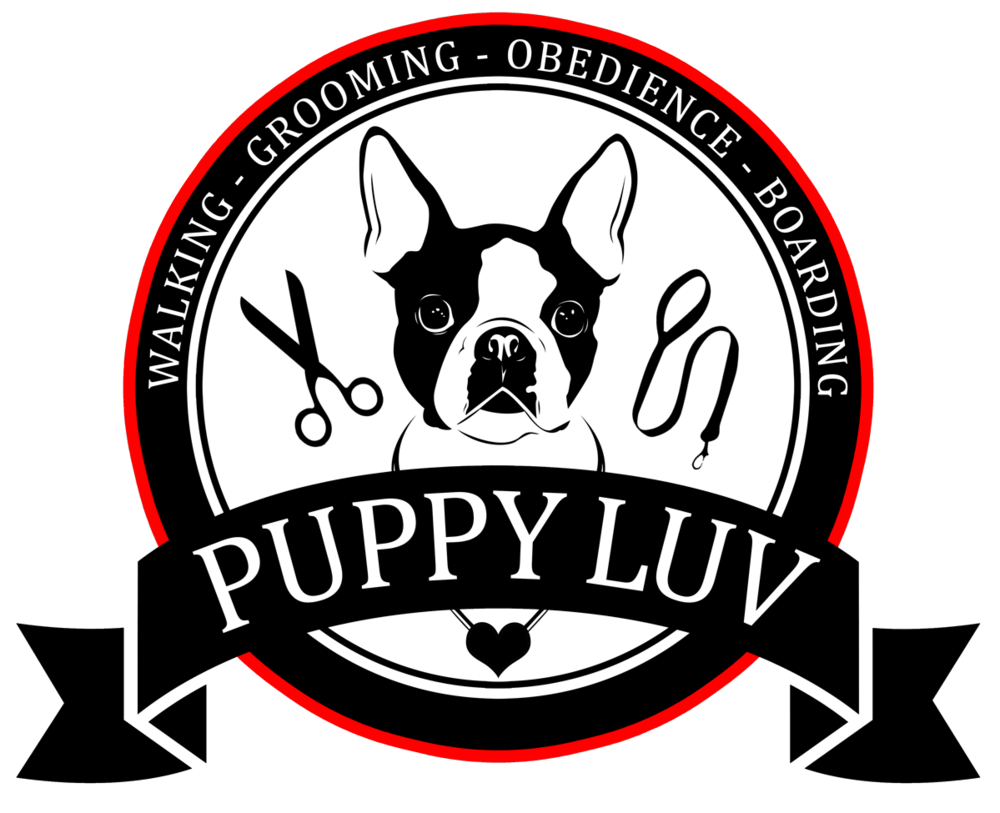"Understanding Canine Parvovirus: Essential Guide for Dog Owners to Combat the Virus"
Canine Parvovirus is a highly contagious disease that affects dogs of all ages
Canine Parvovirus is a highly contagious and potentially deadly disease that affects dogs of all ages. The virus attacks the gastrointestinal system and can cause severe vomiting, diarrhea, and dehydration. It can also weaken a dog's immune system, making them more susceptible to other infections.
While the disease can be devastating, there is hope. With proper prevention and treatment, dogs can recover from Parvovirus and go on to live long and healthy lives. This guide aims to provide dog owners with the information and resources they need to protect their furry companions from this dangerous virus and help them through the recovery process.
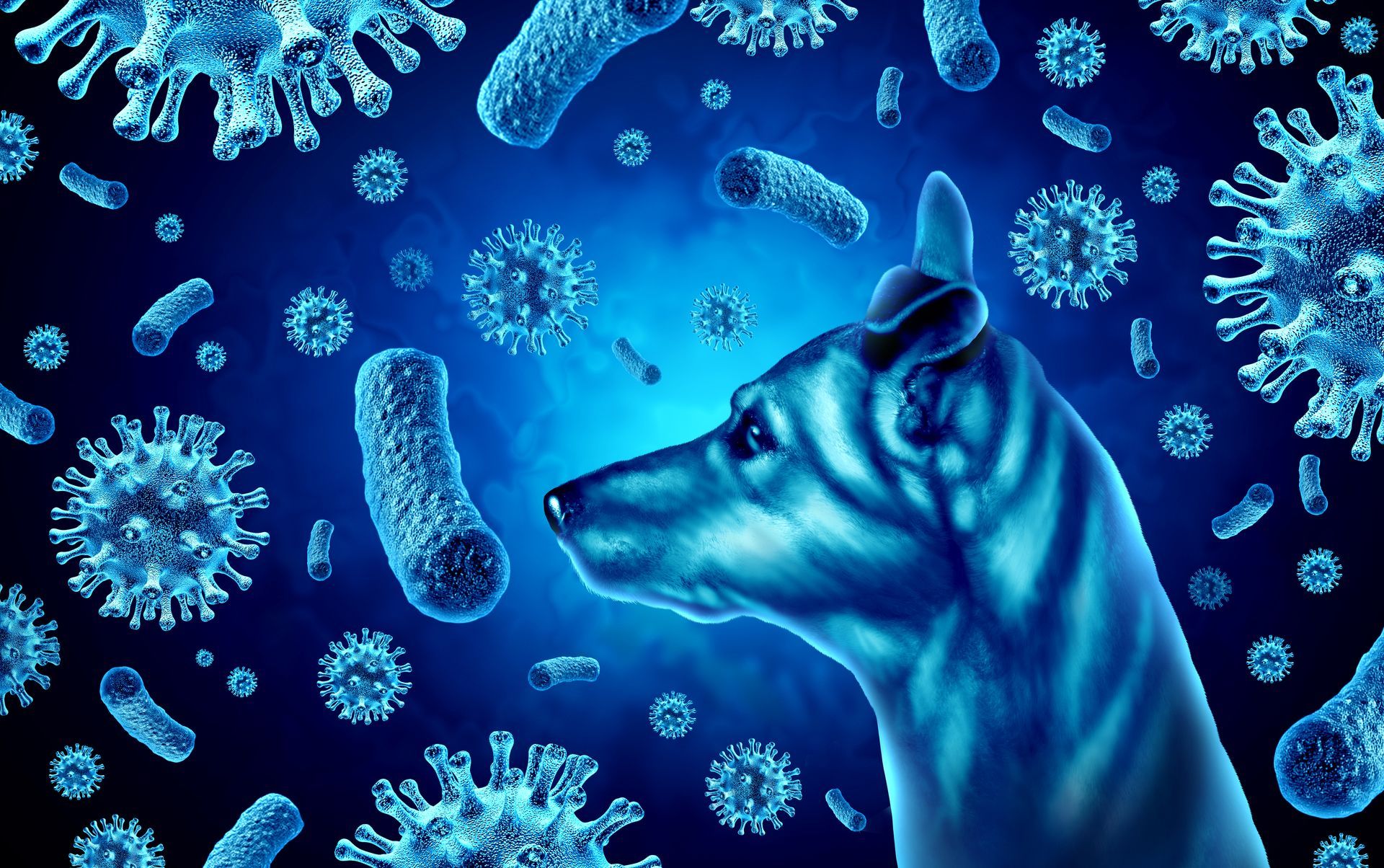
Understanding Canine Parvovirus
To effectively protect our beloved dogs from Canine Parvovirus, we must first understand the nature of the disease. Parvovirus is a highly contagious viral infection that targets the cells of a dog's gastrointestinal system. It primarily spreads through direct contact with an infected dog's feces, but it can also be transmitted indirectly through contaminated objects, such as bowls, toys, or even the soles of our shoes.
The virus attacks rapidly dividing cells, leading to devastation within the gastrointestinal tract. Dogs infected with Parvovirus exhibit symptoms such as severe vomiting, bloody diarrhea, loss of appetite, and dehydration. These symptoms can progress quickly, making early detection and intervention crucial to a dog's chances of survival.
It is important to note that puppies and unvaccinated dogs are particularly vulnerable to Parvovirus. Their developing immune systems are less equipped to fight off the virus, making them more susceptible to severe illness or even death.
In the next section of this guide, we will explore the various ways Parvovirus can be prevented, providing you with the necessary tools to safeguard your furry friends.
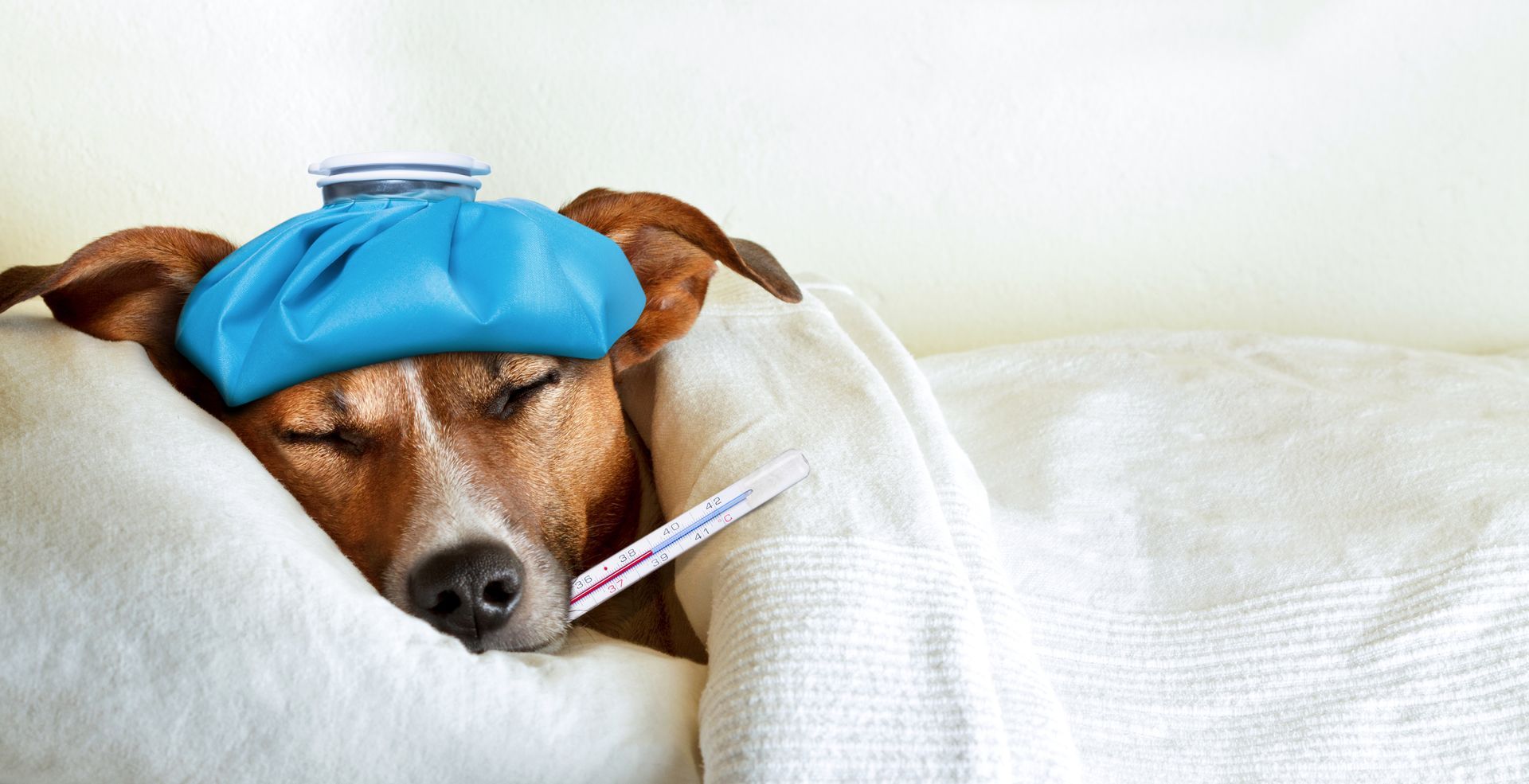
Recognizing the Symptoms
In order to protect our dogs from the devastating effects of Canine Parvovirus, it is crucial for us as dog owners to be able to recognize the symptoms of this disease. By being vigilant and familiarizing ourselves with the signs, we can quickly seek help and give our furry friends the best chance at recovery.
The most common symptoms of Canine Parvovirus include severe vomiting, bloody diarrhea, loss of appetite, and dehydration. It is important to note that these symptoms can progress rapidly, and may often be mistaken for other illnesses. If your dog displays any of these symptoms, it is essential to contact your veterinarian immediately.
Early detection of Parvovirus is vital for successful treatment. The disease can escalate quickly, compromising your dog's health rapidly. Remember, the earlier the intervention, the higher the chances of a positive outcome.
In the following section, we will discuss the importance of vaccination and how it plays a crucial role in preventing Parvovirus in our beloved dogs. Stay tuned for valuable information on protecting your furry companions!
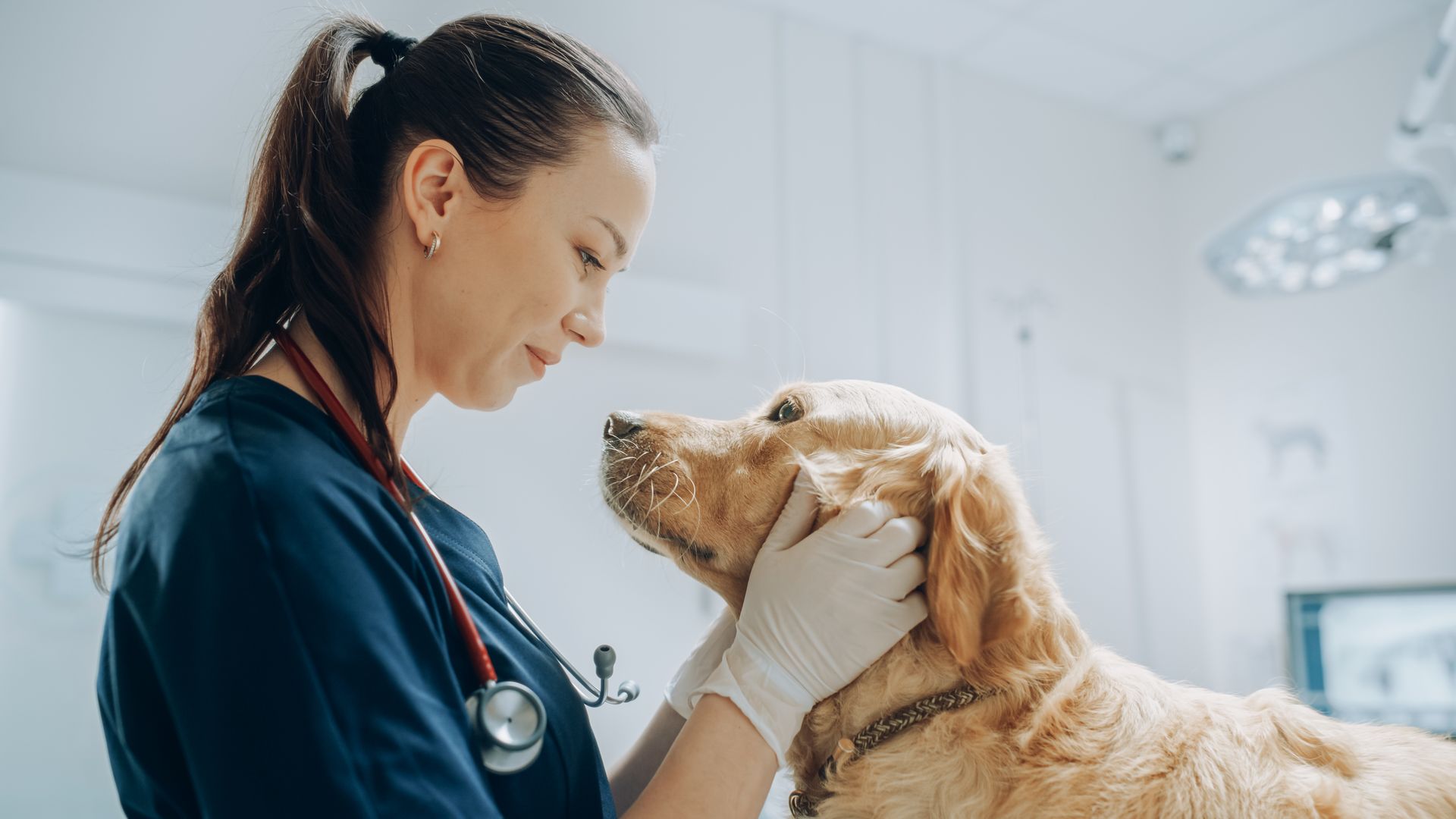
Seeking Veterinary Care
Ensuring that your dog receives timely veterinary care is of utmost importance when it comes to conquering Canine Parvovirus. Prompt and accurate diagnosis by a professional is crucial for successful treatment.
When you suspect that your dog may have Parvovirus based on the symptoms discussed earlier, it is crucial to contact your veterinarian immediately. Do not attempt to diagnose or treat your dog at home as this can potentially worsen their condition.
Upon contacting your veterinarian, be prepared to provide them with a detailed history of your dog's symptoms, including any changes in behavior, appetite, or bathroom habits. This information will help your veterinarian in making an accurate diagnosis.
Your veterinarian will likely recommend bringing your dog in for a physical examination and various diagnostic tests, such as a fecal test, blood work, and possibly imaging studies. These tests will help confirm the presence of Parvovirus and assess the severity of the infection.
Once your dog is diagnosed with Canine Parvovirus, your veterinarian will design a treatment plan tailored to your dog's specific needs. Treatment for Parvovirus often involves aggressive supportive therapy, including fluid therapy, medication to control vomiting and diarrhea, and antibiotics to prevent secondary bacterial infections.
It is important to follow your veterinarian's instructions diligently and complete the entire course of treatment. Parvovirus can be a long and challenging battle, but with proper veterinary care and your dedication, your beloved dog has a chance at full recovery.
In the next section, we will delve into the significance of vaccination in preventing Canine Parvovirus. Stay tuned to learn how you can protect your furry friend from this devastating disease.
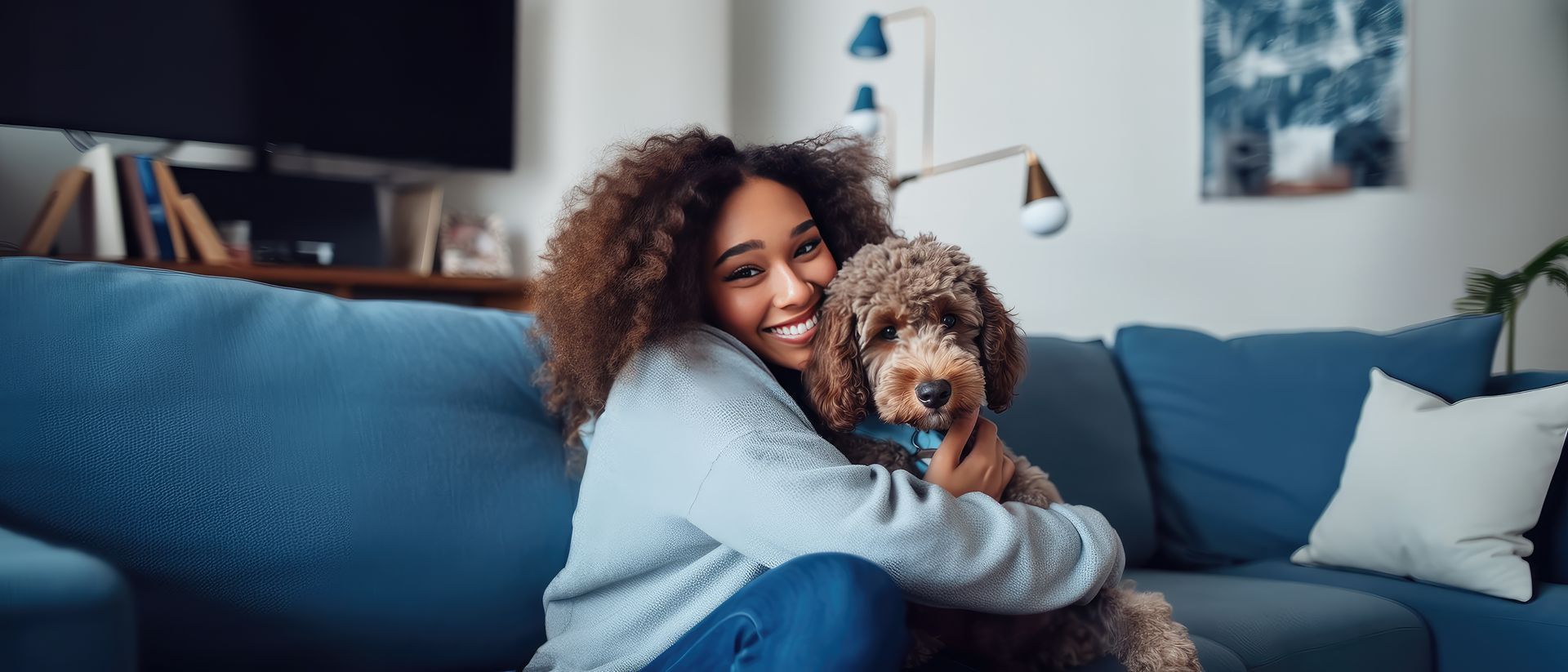
Home Care for a Dog with Parvovirus
While veterinary care is crucial in treating Canine Parvovirus, there are also important steps you can take at home to help your dog recover and prevent the spread of the virus to other animals.
First and foremost, it is vital to create a clean and isolated environment for your dog. Parvovirus can survive on surfaces for long periods, so thorough disinfection is essential. Use a bleach solution (one-part bleach to thirty-parts water) to clean all areas your dog has come into contact with, including food and water bowls, bedding, and toys. Be sure to wear gloves and thoroughly wash your hands afterward to prevent the virus from spreading to you or other animals.
Secondly, it is critical to keep your dog well-hydrated. Encourage them to drink small amounts of water frequently. If they are not able to keep the water down, consult your veterinarian for guidance on administering fluids subcutaneously.
Additionally, monitor your dog's appetite closely. Offer small, frequent meals of easily digestible food, such as boiled chicken and rice, to support their nutritional needs. Talk to your veterinarian about any necessary dietary modifications or nutritional supplements that may aid in the recovery process.
Lastly, it is imperative to limit contact between your infected dog and other dogs to prevent the spread of the virus. Isolate your dog from other animals until they have fully recovered and received veterinary clearance.
By following these home care guidelines in conjunction with veterinary treatment, you can provide the best possible care for your dog and increase their chances of a successful recovery from Canine Parvovirus. Remember, your dedication and commitment are key in helping your beloved companion overcome this challenging disease.
Stay tuned for the next blog section, where we will discuss the importance of vaccinations in preventing Canine Parvovirus. Don't miss out on crucial information that can protect your furry friend from this devastating illness.
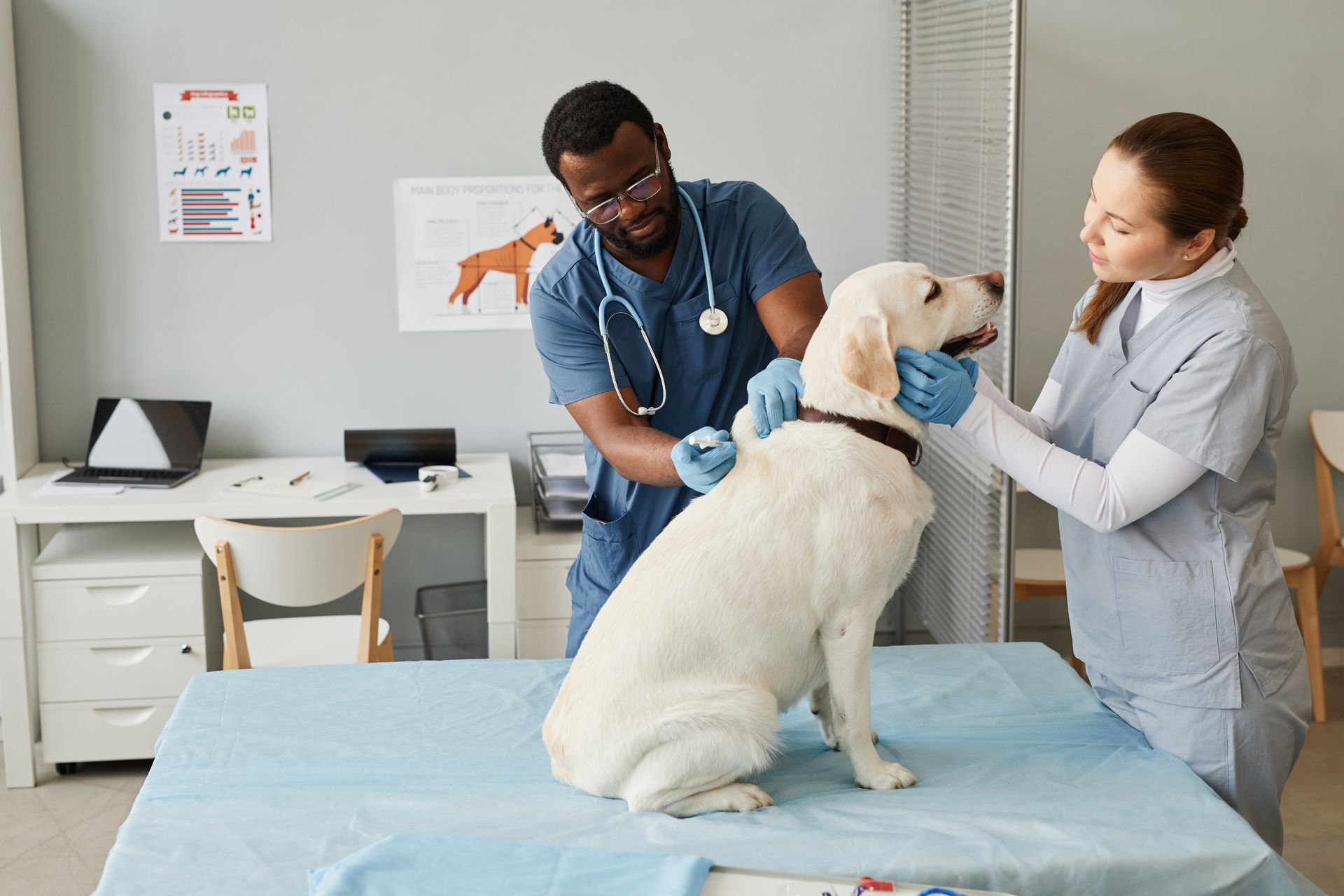
Prevention and Vaccination
When it comes to Canine Parvovirus, prevention is truly the best course of action. As responsible dog owners, we must protect our furry friends from this potentially life-threatening disease. One of the most effective ways to prevent your dog from contracting Parvovirus is through vaccination.
Vaccination plays a vital role in building immunity against Canine Parvovirus. Puppies should receive their first vaccination between 6 to 8 weeks of age, followed by boosters every 3 to 4 weeks until they are at least 16 weeks old. Adult dogs should also be vaccinated regularly, as recommended by your veterinarian.
It is important to note that even a fully vaccinated dog may still be at risk of contracting the virus, especially in high-risk environments such as dog parks or boarding facilities. Therefore, practicing good hygiene and following preventive measures is crucial.
In our next blog section, we will dive deeper into the vaccination process, discussing the different types of vaccines available and the importance of staying up to date with your pet's immunization schedule. Don't miss out on this crucial information—it might just save your dog's life. Stay tuned!
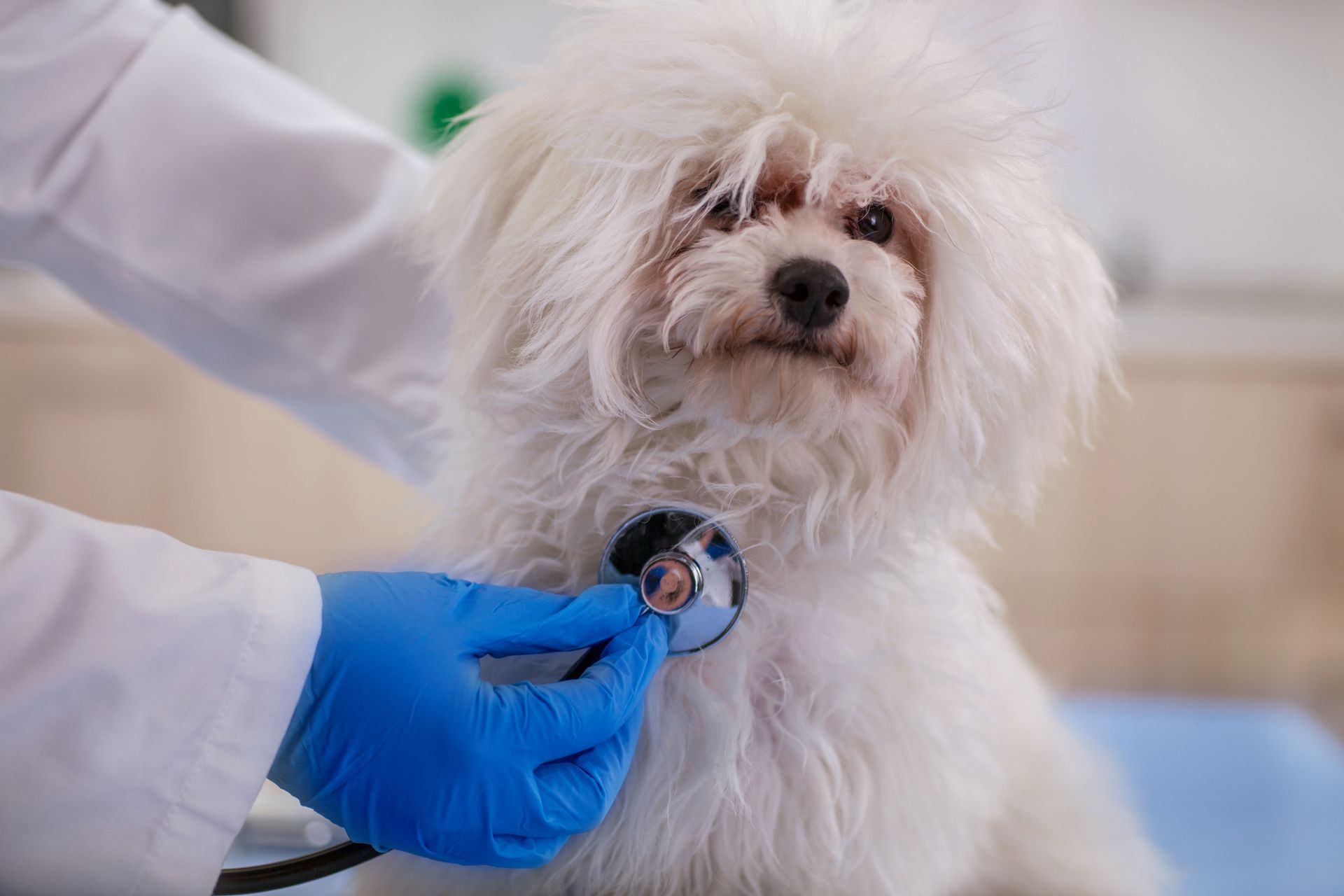
The Importance of Early Detection
Early detection is key when it comes to Canine Parvovirus. As responsible dog owners, it is our responsibility to be vigilant and look out for any signs or symptoms of the disease. Recognizing the early symptoms and seeking veterinary care as soon as possible can greatly improve the chances of a successful recovery.
Some common signs of Canine Parvovirus infection include lethargy, loss of appetite, vomiting, diarrhea (often bloody), and fever. If your dog is displaying any of these symptoms, it is important to contact your veterinarian immediately.
Prompt diagnosis and treatment are crucial in fighting this deadly virus. Your vet will perform a physical examination, along with blood tests and fecal analysis to confirm the presence of the virus. If diagnosed with Canine Parvovirus, your dog will require intensive treatment, including supportive care such as intravenous fluids, antibiotics, and medications to control vomiting and diarrhea.
Remember, time is of the essence when it comes to Parvovirus. By staying alert and seeking immediate veterinary care, we can give our furry friends the best chance at overcoming this devastating disease. In the next blog section, we will delve deeper into the treatment options and provide guidance on how to care for a dog with Canine Parvovirus. Stay tuned and stay informed!

The Road to Recovery
Once your dog has been diagnosed with Canine Parvovirus, the journey to recovery begins. It's important to remember that every case is different, and the severity of the virus can vary greatly. With proper care and treatment, however, many dogs can overcome this illness and regain their health.
Treatment for Canine Parvovirus often involves hospitalization, as the virus can quickly lead to dehydration and other complications. Your veterinarian will work closely with you to create a treatment plan tailored to your dog's specific needs. This may include intravenous fluids to combat dehydration, medications to control vomiting and diarrhea, and antibiotics to prevent secondary infections.
During this time, it's crucial to follow your veterinarian's advice and provide round-the-clock care for your dog. This includes monitoring their temperature, offering small amounts of water or electrolyte solutions frequently, and giving any prescribed medications as directed. It's important to isolate your infected dog from other animals to prevent the spread of the virus.
Recovery from Canine Parvovirus can be a slow and gradual process. It may take several weeks before your dog is back to their normal self. It's important to be patient and allow them plenty of rest and quiet time to aid in their recovery. Gradually reintroduce a bland and easily digestible diet as directed by your veterinarian.
Regular follow-up appointments with your veterinarian will be necessary to monitor your dog's progress and make any necessary adjustments to their treatment plan. It's important to attend these appointments and communicate any concerns or changes in your dog's condition.
In conclusion, the road to recovery from Canine Parvovirus can be challenging, but with proper treatment, care, and monitoring, many dogs can make a full recovery. In the next section, we will address the long-term effects of the virus and provide tips on preventing future infections. Stay tuned as we continue our journey in conquering Canine Parvovirus.

Conclusion: Hope for Dog Owners
As we conclude this guide on conquering Canine Parvovirus, it is essential to acknowledge the hope that exists for dog owners facing this illness. While the journey may be challenging and requires diligent care, many dogs do make a full recovery with proper treatment and monitoring.
However, it is crucial to be aware of the potential long-term effects of the virus. Some dogs may experience gastrointestinal issues or weakened immune systems after recovering from Canine Parvovirus. Regular check-ups with your veterinarian will help identify and address any lingering effects, ensuring your dog's continued well-being.
Prevention is also key in safeguarding your dog's health. Vaccination is the most effective measure to protect against Canine Parvovirus. Consult with your veterinarian to ensure your dog is up-to-date with their vaccinations and to discuss any additional preventive measures, such as avoiding high-risk environments.
Remember, as a dog owner, staying informed and proactive is the best way to keep your beloved companion safe. Together, we can conquer Canine Parvovirus and provide a hopeful future for our furry friends. Stay tuned for more informative articles on pet care and health.
